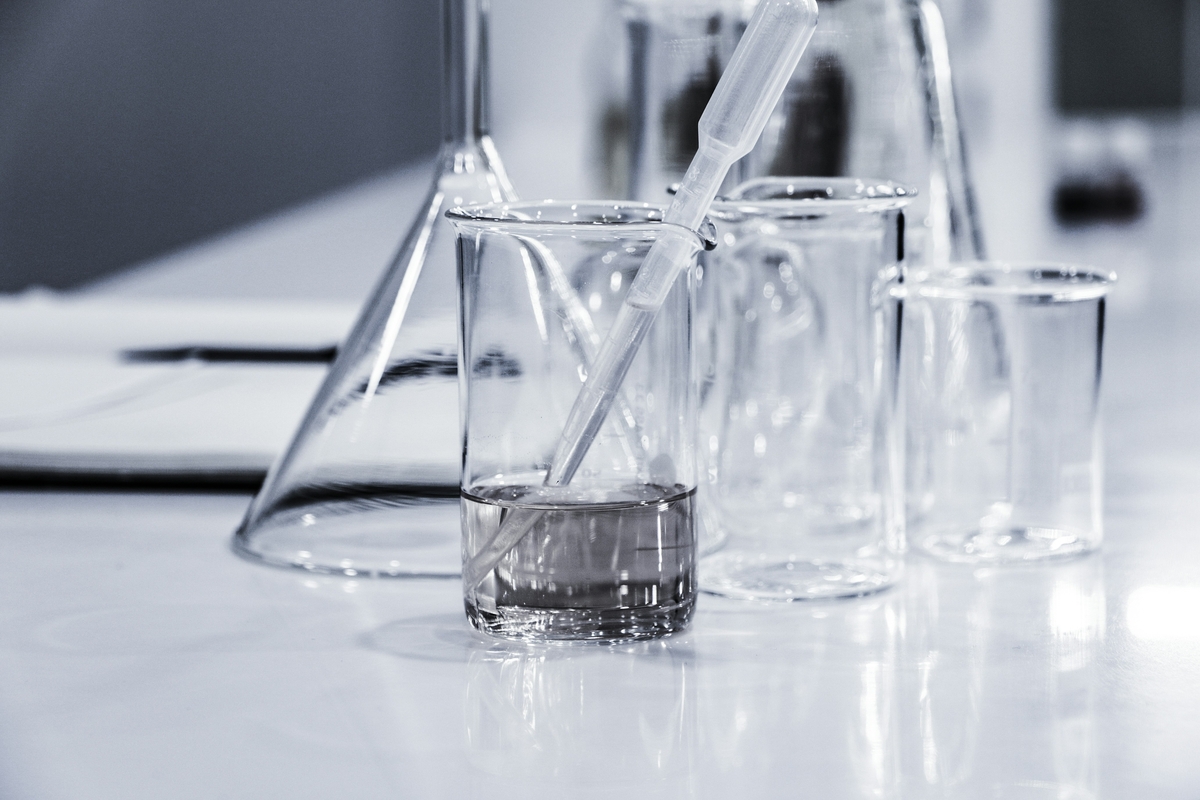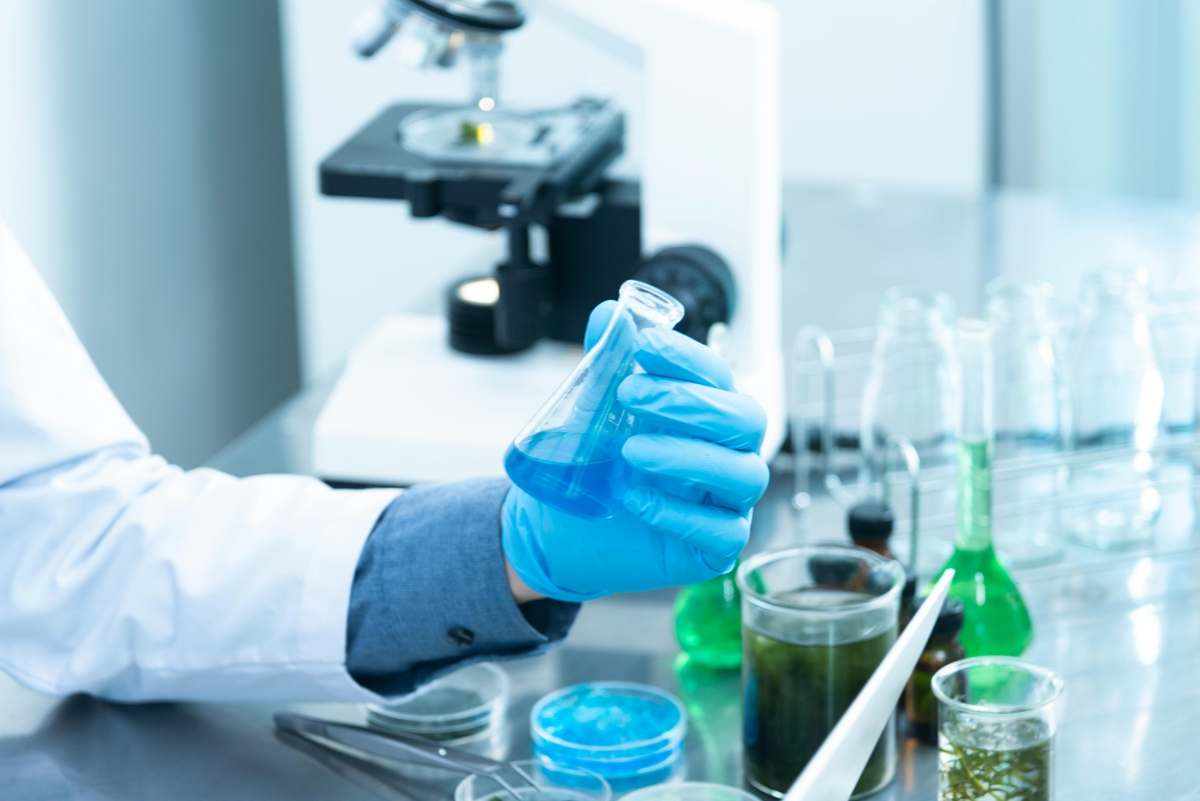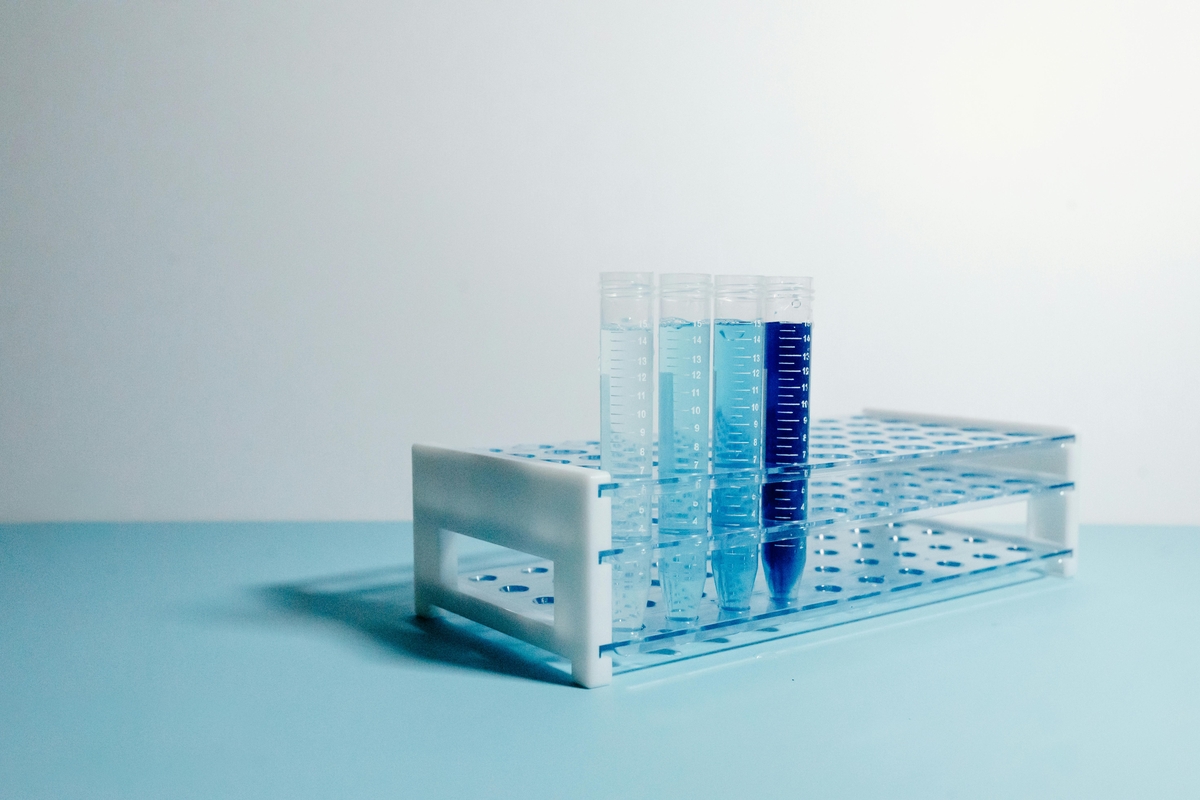When setting up or upgrading a laboratory—whether academic, industrial, or for R&D—selecting the right equipment is a critical step that impacts performance, accuracy, and safety. But with so many options available, how do you make the right purchasing decisions?
In this comprehensive guide, we’ll walk you through everything you need to know before buying lab equipment: key considerations, must-have items, budgeting tips, and how to ensure your purchases align with your specific use case.
Before shopping for lab tools, define:
The type of lab: Is it a chemistry lab, microbiology lab, dental testing lab, or thermal research facility?
The scope of work: Will you be running tests daily, occasionally, or only in a controlled environment?
The users: Will the equipment be used by students, technicians, researchers, or automated systems?
A clear understanding of your objectives will help avoid overbuying or selecting the wrong specifications.
 2. The Lab Equipment Checklist
2. The Lab Equipment ChecklistHere’s a categorized list of essential lab equipment to consider:
Lab benches & stools
Storage cabinets & fume hoods
Glassware: beakers, flasks, pipettes
Lab refrigerators/freezers
Balances (analytical & precision)
pH meters
Spectrophotometers
Dry baths & water baths
Thermocyclers
Laboratory ovens
Incubators
Vacuum pumps
 3. Factors to Consider Before Purchasing
3. Factors to Consider Before Purchasing 4. Setting a Realistic Budget
4. Setting a Realistic BudgetPrices for lab gear vary widely:
Basic lab items: $20–$300
Mid-range instruments: $500–$5,000
Advanced equipment (e.g., thermocyclers, simulators): $10,000+
Pro tip: Don’t cut corners. Investing in quality upfront can prevent performance issues and expensive repairs later.
Buying in bulk without testing: Start with one unit if possible.
Skipping user training: Always request manuals or onboarding support.
Overlooking electrical specs: Check voltage and plug type compatibility.
Ignoring noise or heat: Some devices can interfere with delicate experiments.
You have several options:
Manufacturer-direct: For large-scale or custom orders.
Authorized distributors: Like Gold One Supplies, offering vetted, high-quality lab gear.
Online marketplaces: Use with caution; verify reviews and specs.
When buying online:
Look for insured shipping and delivery tracking.
Understand return periods—especially for sensitive items.
Confirm warranty terms for critical equipment like thermocyclers or centrifuges.
Q1: What’s the best starter kit for a small lab?
A: A basic kit includes glassware, pH meter, stirrer, balance, and heating equipment.
Q2: Can I mix brands or suppliers?
A: Yes, but ensure interoperability and power compatibility.
Q3: Is refurbished lab equipment worth it?
A: For non-critical or teaching labs, yes—if it’s certified and tested.
Q4: How often should I calibrate new lab equipment?
A: Follow manufacturer guidelines; typically monthly or before critical runs.
Purchasing lab equipment doesn’t need to be overwhelming. Focus on your lab’s unique needs, equipment reliability, and vendor support.
At Gold One Supplies, we offer top-quality lab instruments for every research level—from student kits to industrial-grade tools.